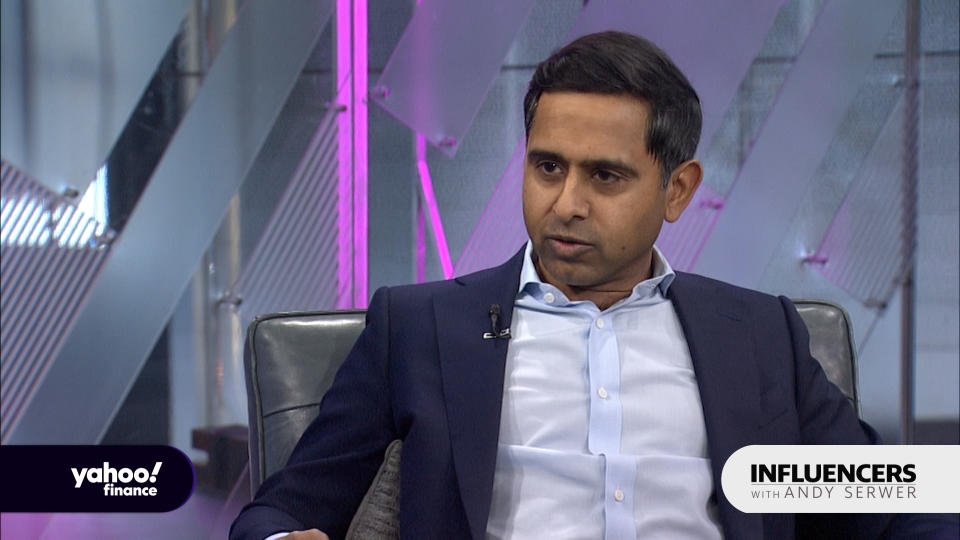Tech giants like Apple and Google are vital for our business, says media exec Vivek Shah
Big tech companies like Facebook (FB) and Google (GOOG, GOOGL) have elicited backlash from some media companies, which say the platforms reward sensational and even false content. But the chief executive at a fast-growing niche media brand disagrees, saying tech giants “favor quality” and have been vital to the company’s success.
“We have figured out ways in which to work with the various platforms,” says Vivek Shah, who runs J2 Global, an advertising and media company that owns sites including Mashable, IGN, and PCMag. “I tend to find that they favor quality and they favor premium.”
Concerns about exaggeration and misinformation on social media platforms and search engines have recently centered on the coronavirus and anti-vaccine activism. Criticism reached a fever pitch after the 2016 presidential election, the outcome of which some have attributed to a disinformation campaign on Facebook and other platforms carried out by a Russian intelligence agency.
In the years since, some media outlets also said algorithm changes — most notably one in January 2018 on Facebook — sidelined news content. However, a study from Nieman Lab later in 2018 showed that the negative effects on some publishers may have been overblown.
Shah said devices and platforms produced by big tech comprise a crucial source of readers for J2 Global-owned sites.
“Google is the largest source of traffic for us,” he adds, also noting the role of Apple (AAPL): “When you look at the volume of traffic that is coming through iPhones and iOS devices, it's stunning.”
He also pointed to Amazon (AMZN), Facebook, and Instagram as valuable to the company’s success.
“They’re all important to us,” he says.

Shah made the comments during a conversation that aired in an episode of Yahoo Finance’s “Influencers with Andy Serwer,” a weekly interview series with leaders in business, politics, and entertainment.
J2 Global makes over a billion in annual revenue, and has made more than 170 acquisitions since its founding in 1995. Before his current position, Shah served as CEO at Ziff Davis and in senior administrative roles at Time Inc.
Last year, he ranked tenth on the Equilar-New York Times list of the highest paid CEOs, bringing in an annual compensation of about $45 million.
Shah acknowledged that the success of J2 Global may not be replicable for other news organizations, since sites owned by his company often publish instructive articles that include ads embedded in the suggestions.
“Most of what we do is service journalism,” he says. “It's not news journalism.”
He pointed to PCMag, which was part of Shah’s portfolio at Ziff Davis and came to J2 Global with Shah when the company acquired Ziff Davis in 2012.
“We took that magazine, which was a printed magazine, turned it into a digital business, and it's thriving,” he says. “It's thriving through traditional advertising mechanisms but through affiliate commerce and lead gen and other forms of monetization.”
In a challenging media industry, Shah says he looks for brands that have endured for several years but still have room for added revenue.
“Content brands can be struggling, whether they're print and even digital brands,” he says. “So what we're looking for are ways in which we can make these businesses thrive.”
Read more:

 Yahoo Finance
Yahoo Finance 
